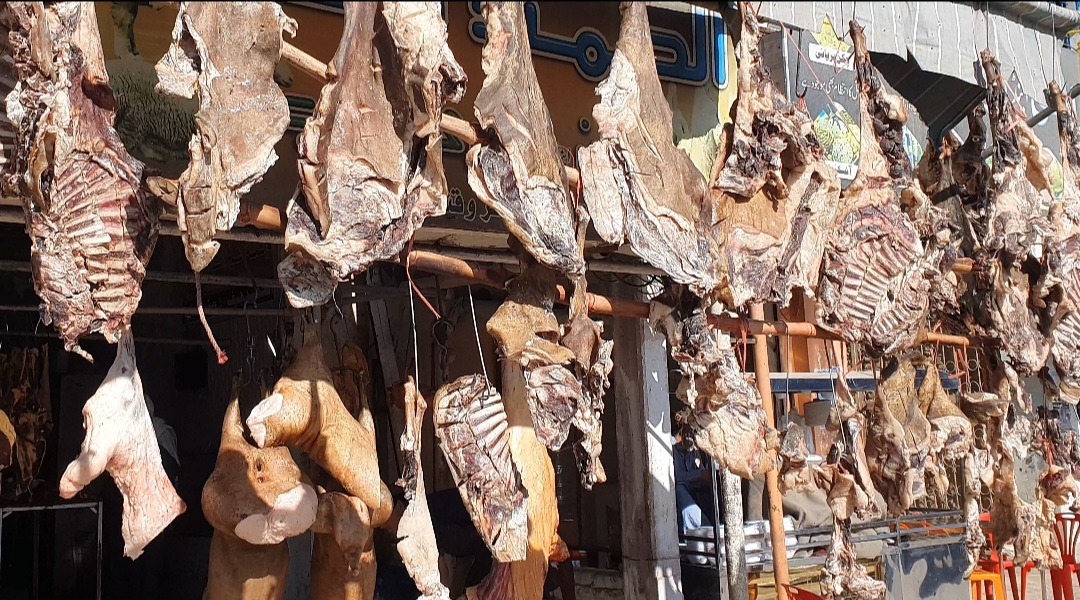Syed Ali Shah:
QUETTA: High in the windswept mountains of Pakistan’s Frontier Regions, bordering Afghanistan, lies a culinary legacy dating back centuries: Landi. This sun-dried meat, a testament to human ingenuity and adaptation, isn’t just food; it’s a story etched in every savory bite.
For generations, tribesmen have relied on Landi as a way to combat the harsh realities of their environment. Inhospitable terrain, unpredictable weather, and the ever-present threat of blocked roads and communication loss necessitated a solution for food preservation. Enter Landi, a method as simple as it is effective.
From Necessity to Delicacy:
Landi’s story begins with “special lambs,” imported from Afghanistan and carefully chosen for their meat quality. Haji Hameedullah, owner of two Landi shops on the bustling Quetta-Chaman road, describes the process with reverence. Salt and a unique blend of mountainous herbs are rubbed onto the meat, infusing it with an earthy aroma that speaks of ancient wisdom. Then, under the relentless sun, nature works its magic. Day after day, for nearly a month, the meat dries, transforming into a concentrated nugget of flavor and sustenance.
Beyond Hunger, a Cultural Touchstone:
Landi wasn’t just a weapon against hunger; it was a shield against the biting cold of the region’s deserts and villages. Nomadic communities and frontier families alike depended on this portable source of protein, a vital companion on their journeys and a reliable comfort during harsh winters.
A Taste of Adventure for Modern Palates:
Today, Landi transcends its practical origins to become a sought-after delicacy. Foodies and travelers, captivated by its rich history and unique flavor profile, flock to Quetta and Chaman to experience this taste of the Frontier. Hameedullah’s shops, steeped in the aroma of sun-dried meat and tradition, welcome them with open arms.






